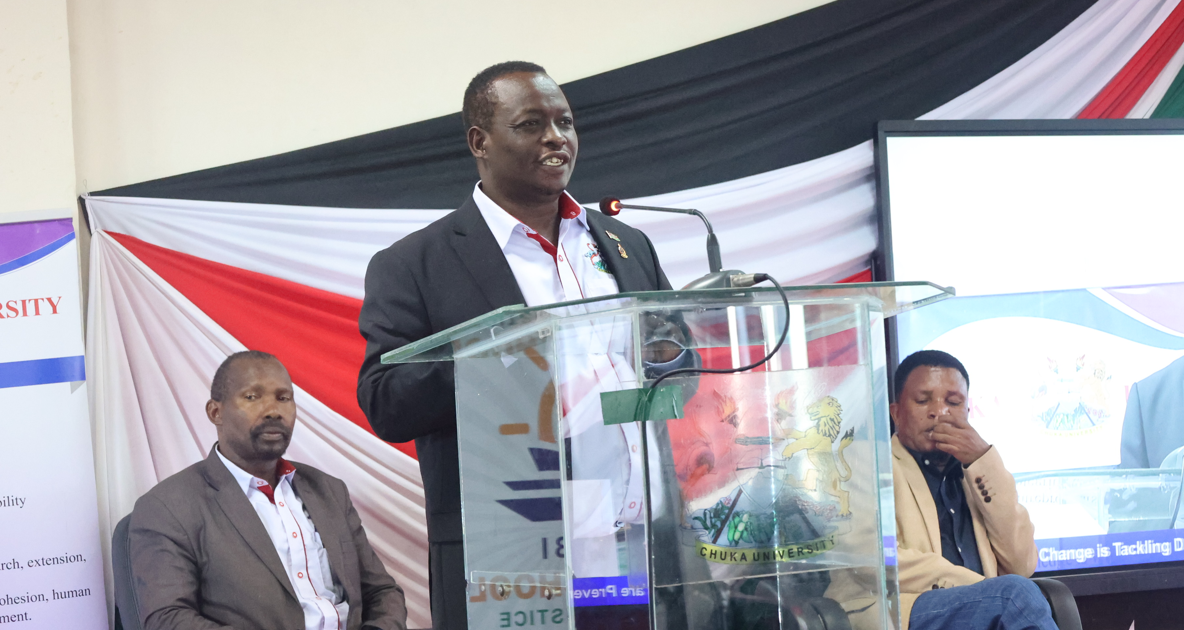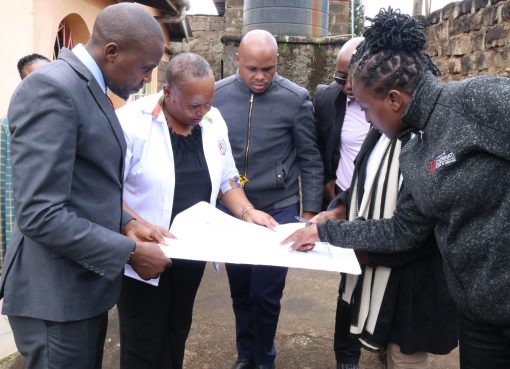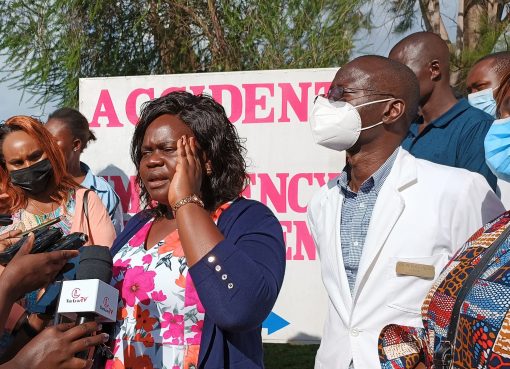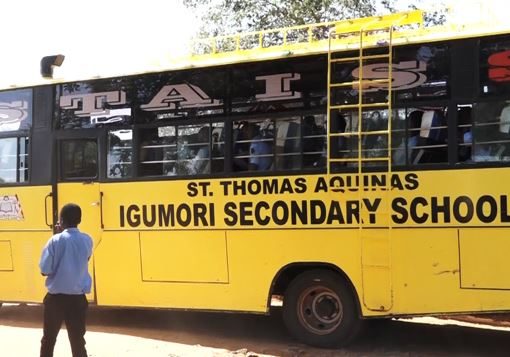The Pan-African Climate Justice Alliance (PACJA) has linked tackling climate change to prevention of climate related disasters in Africa.
In a Town Hall session conducted in collaboration with Chuka University, climate disaster adaptation and mitigation issues were discussed, where causes of climate change identified included organic waste, power plants, deforestation, overfishing and offshore drilling.
Rising global temperatures, extreme weather events, shifting precipitation patterns, rising sea levels and ocean acidification were found to be some of the major impacts of climate change in the session that brought together participants from eight universities from Mt. Kenya region and other climate change stakeholders including the county government of Tharaka Nithi and the Government Financing Locally-Led Climate Action Program (G-FLLoCA)
Prof. Anne Andayi Sande, a disaster management specialist at Chuka University highlighted hazards such as fires, floods, earthquakes and drought as part of elements of disaster that lead to political, economic and social vulnerabilities.
To address the disaster, the climate change specialist elaborated on the disaster management cycle that includes mitigation activities, preparedness, response and recovery with the Town Hall proposing measures such as planning, risk assessment, creating public awareness, infrastructure improvement and insurance.
In addition, emergency planning, education and training, early warning systems and stock piling were proposed.
Other proposals included response activities such as search and rescue, emergency relief, evacuation, shelter management, damage assessment, coordination and communication while rehabilitation and reconstruction, temporary measures to restore normal conditions, economic recovery and policy making were drafted in the recovery phase of disaster management.
“In the climate disaster adaptation, key aspects include risk assessment and planning, resilient infrastructure and utilization of technologies. We also need protection and sustainable management ecosystem, community engagement and capacity building as we also integrate and coordinate implementation of climate adaptation in policy and governance as well as developing economic and financial mechanisms,” Prof. Sande said.
The Pan-African Climate Justice Alliance (PACJA) Executive Director Mithika Mwenda highlighted the need of igniting youth power for enhanced solidarity on climate justice saying there is need to discuss climate change as a crisis globally.
“Climate change has been caused by our mode of production and consumption and has caused interference with the climate system. This is not only an environmental issue, but an economic, livelihood, and agricultural as well which has moral imperatives,” he said.
Mithika drummed up support for such conferences and town hall sessions to ensure there is mitigation of climate change.
He also noted the need to have means of implementation through building resilience of communities and making funds available.
Chuka University Vice Chancellor Prof. Henry Mutembei said the university was committed to facilitating such dialogue to influence national policies, address climate and disaster management and push for implementations.
By giving room for conversation, the VC said the institution was fulfilling its mandate of community outreach and achieving its core mandate, which is environmental sustainability.
“We are hosting this such an event to train our youth to combat climate change, create awareness and champion climate action at community level. The university was formed under the specialization of environmental sustainability and we are engaged not only in research, but also in training the community on climate mitigation and management of disaster to help manage in a sustainable way, the VC said.
On behalf of the First Daughter Charlene Ruto, Smart Mechanized Agriculture & Climate Action for Humanity & Sustainability (SMACHS) representative Peter Malale noted the need to bring the youth on board on climate action and agriculture, revealing that change and transformation will be experienced when the youth come together to be advised on proper and mitigation strategies to help combat climate change.
“We are gathered here to come up with solutions to help us mitigate the effects of climate change, and we believe the youth are the people who stand a chance to create a difference. Climate change is not just an enemy on the horizon, it is within us, so we need to take immediate action,” he said.
Universities present included Chuka University, Meru University of Science and Technology, Kenya Methodist University (KEMU), Kirinyaga University, Karatina University, Dedan Kimathi University, University of Embu and Tharaka University.
By David Mutwiri and Blaise Gitonga





